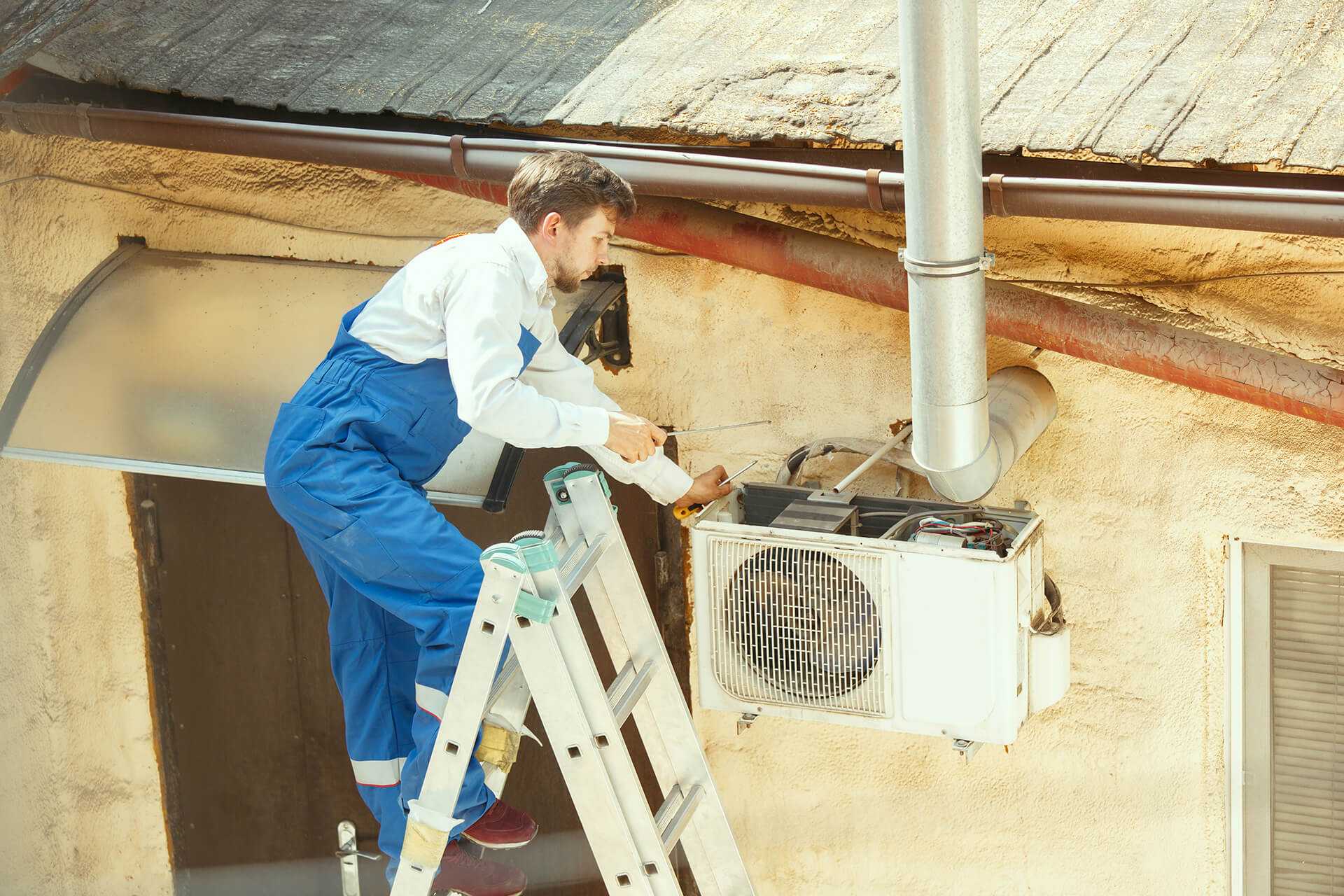GBIS Grant: Comprehensive Guide

GBIS Grant: Comprehensive Guide
What is the GBIS Grant?
The Great British Insulation Scheme is a new government energy-efficiency scheme (formerly known as ECO+) administered by Ofgem. It is designed to deliver improvements to the least energy-efficient homes in Great Britain to tackle fuel poverty and help reduce energy bills.
The scheme complements the Energy Company Obligation (ECO4) scheme, but unlike ECO4’s ‘whole house’ approach, this scheme will mostly deliver single insulation measures.
As well as supporting low-income and vulnerable households, it is also available to those living in homes with an energy performance certificate rating of D to G, and within council tax bands A to D in England and A to E in Scotland and Wales.
The scheme works by placing an obligation on medium and large energy companies to deliver measures that result in reduced energy usage. The scheme began in April 2023 and is scheduled to end in April 2026.
Reduce Carbon Emissions:
- Encourage the adoption of energy-efficient measures to lower household carbon footprints.
Alleviate Fuel Poverty:
- Help low-income and vulnerable households reduce their energy bills by making their homes more energy-efficient.
Improve Energy Efficiency:
- Enhance the overall energy efficiency of homes across the UK, contributing to national energy-saving targets.
To qualify, your property must require energy-efficiency upgrades such as cavity wall insulation. The scheme will deliver one insulation measure per home, and upgrades are decided through a retrofit assessment which looks at how making changes to your property could cut energy use and reduce carbon dioxide emissions. In some cases, secondary measures, such as room thermostats or boiler programmers, are available for households in the low-income group.
You must also either own your own home or have permission from your landlord – this includes if the property is owned by a social housing provider or management company.
The Great British Insulation Scheme is designed to complement the Energy Company Obligation (ECO4) scheme, but it also offers support to a broader range of homeowners and tenants.
As well as supporting low-income and vulnerable households through the scheme’s low-income group, this scheme also helps those living in homes within a wider, general group.
The low-income group is for homeowners or tenants who receive at least one of the following benefits:
- Child Benefit
- Pension Guarantee Credit
- Income-related Employment and Support Allowance
- Income-based Jobseeker’s Allowance
- Income Support
- Tax Credits (Child Tax Credits and Working Tax Credits)
- Universal Credit
- Housing Benefit
- Pension Credit Savings Credit
The general group is for those households with properties that have an Energy Performance Certificate (EPC) rating of D to G, and which are within Council Tax bands A to D in England and A to E in Scotland and Wales.
Both the general and low-income groups are eligible for the following insulation measures:
- cavity wall (including party wall)
- loft
- solid wall
- pitched roof
- flat roof
- under-floor
- solid floor
- park home
- room-in-roof
Where an eligible insulation measure is installed in owner-occupied premises in the low-income group, certain heating controls, such as room thermostats, would also be allowed, as a secondary measure.
Higher-cost measures, such as solid wall insulation, would be more likely to need a contribution from the household.
Assessment:
- Contact Us. We will evaluate your current energy efficiency status and determine the improvements needed.
Survey:
- A detailed survey of your home will be conducted to identify specific measures that can be implemented.
Proposal:
- Based on the survey, a proposal outlining the recommended energy efficiency improvements and the associated costs will be provided.
Approval:
- Once you agree to the proposal, it will be submitted for approval under the scheme.
Installation:
- Upon approval, the energy efficiency measures will be installed by certified professionals.
Inspection:
- After installation, the work will be inspected to ensure it meets the required standards.
Follow-Up:
- Regular follow-ups may be conducted to ensure the long-term efficiency and performance of the installed measures.
Available to All:
- Unlike ECO4, GBIS scheme is available to everyone including working households on low income. Please see the eligibility criteria for further details.
Lower Energy Bills:
- Improved energy efficiency reduces the amount of energy needed to heat your home, leading to lower energy bills.
Enhanced Comfort:
- Better insulation and heating systems make your home warmer and more comfortable, especially during winter months.
Reduced Carbon Footprint:
- Using less energy contributes to lower carbon emissions, helping to combat climate change.
Increased Property Value:
- Energy-efficient homes are often more attractive to buyers, potentially increasing your property’s value.
Health Benefits:
- A warmer home can improve health outcomes, particularly for vulnerable individuals such as the elderly, young children, and those with health conditions.
Environmental Impact:
- Contributing to national energy-saving targets and reducing the overall demand for fossil fuels.

